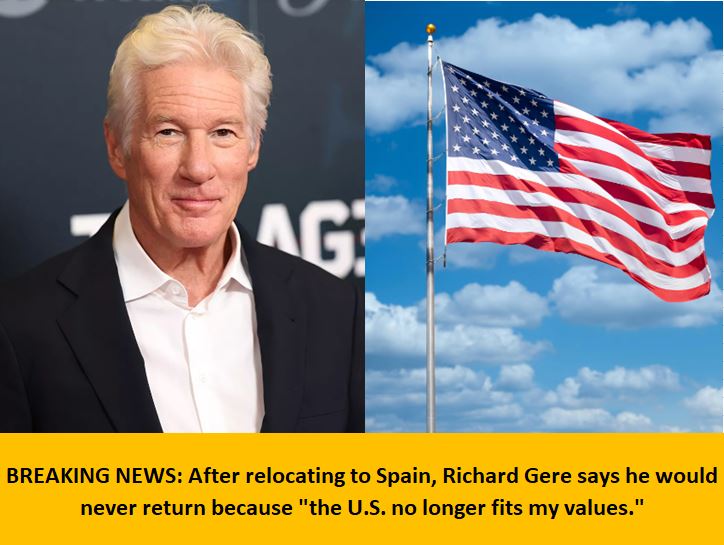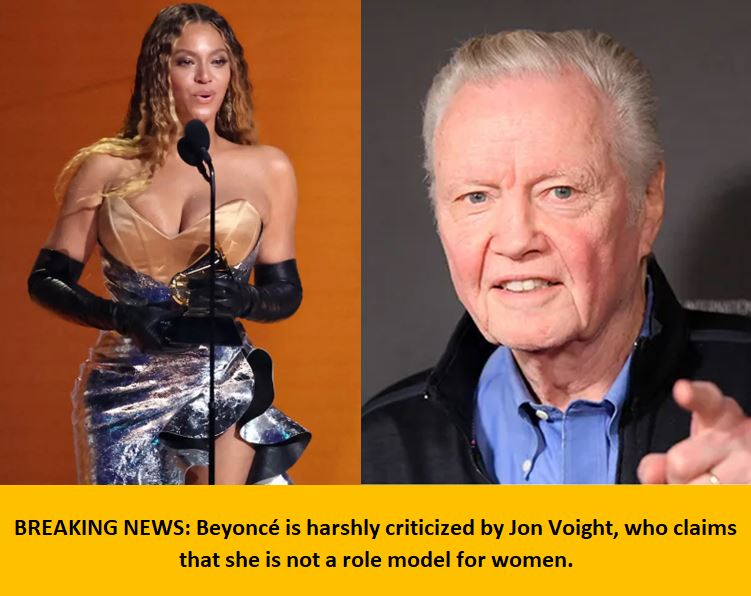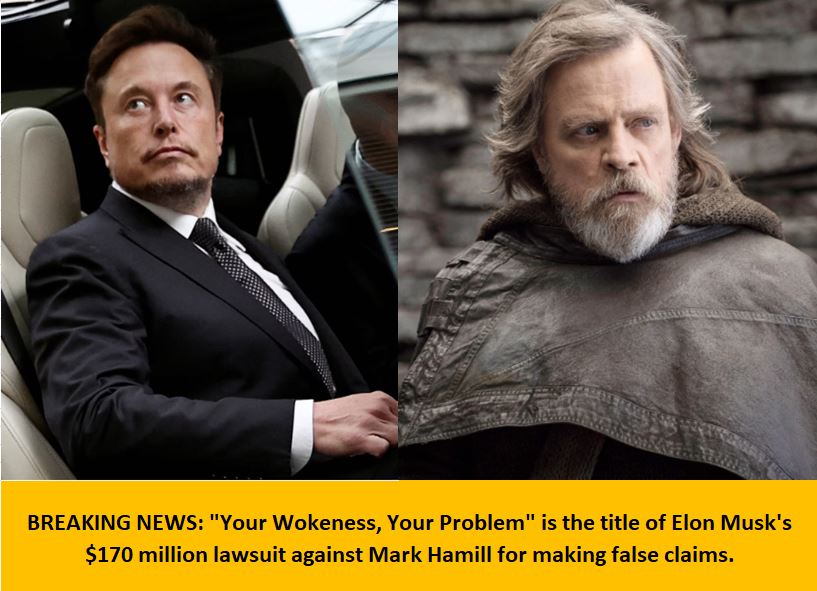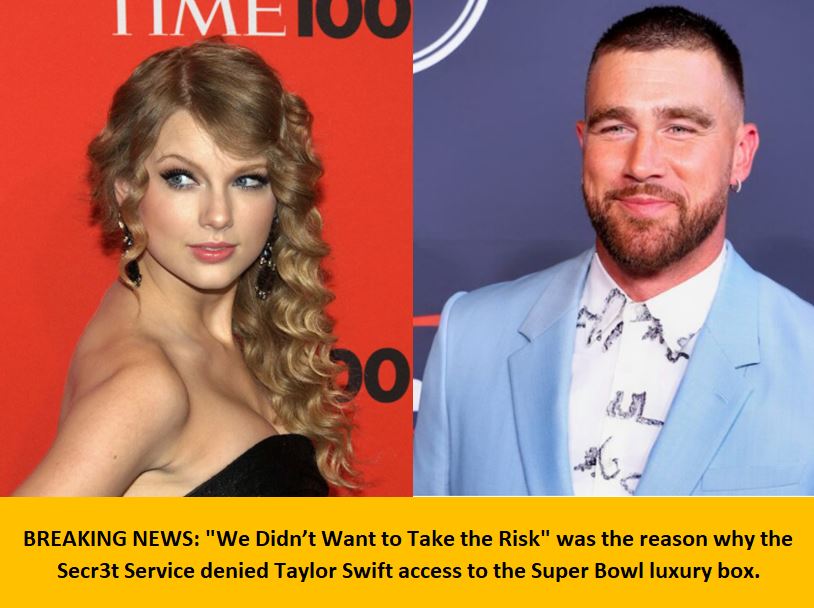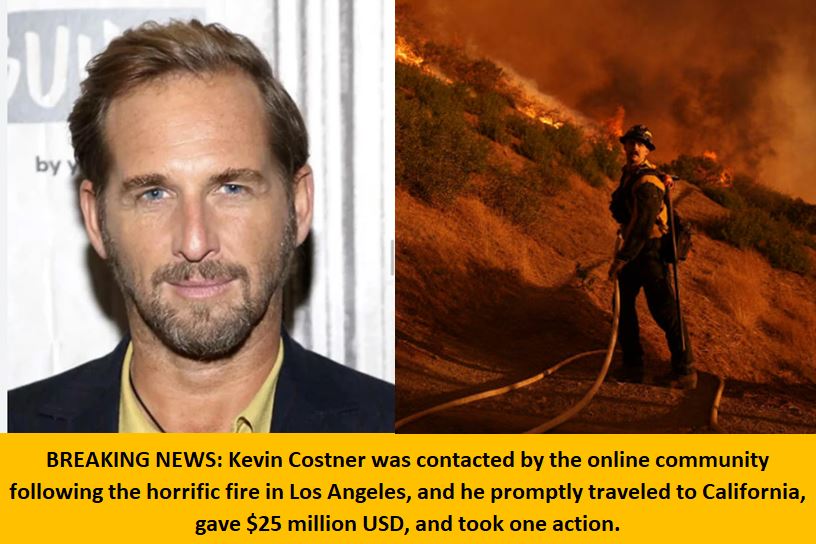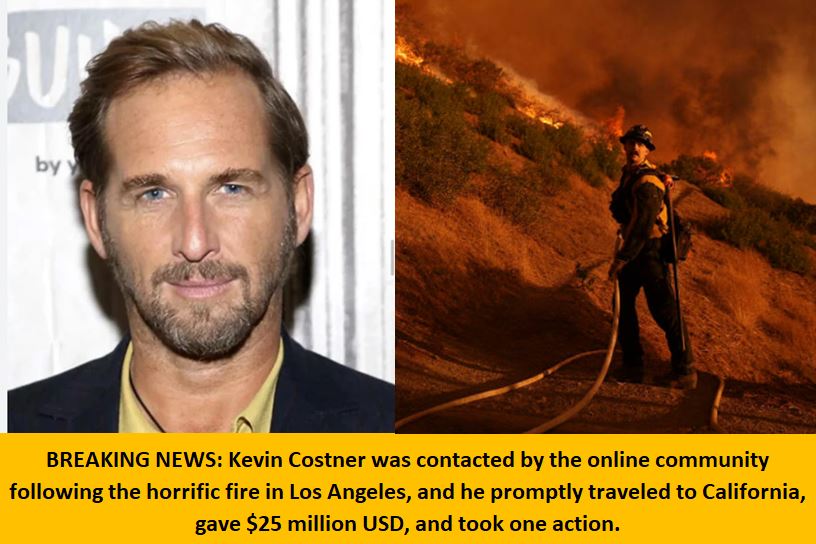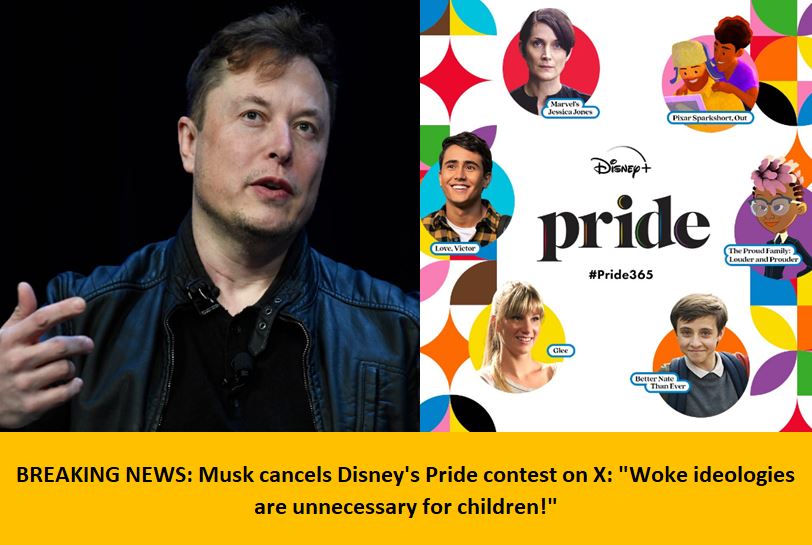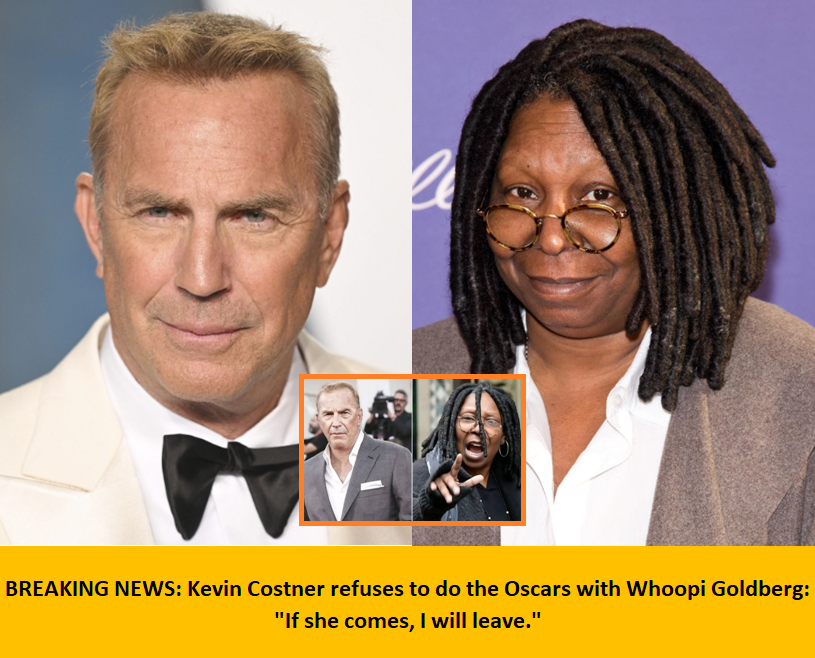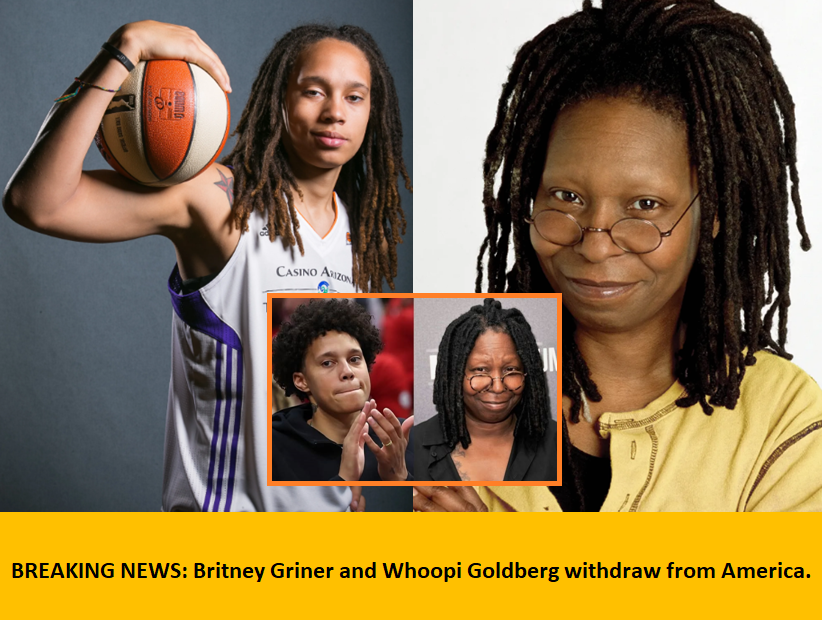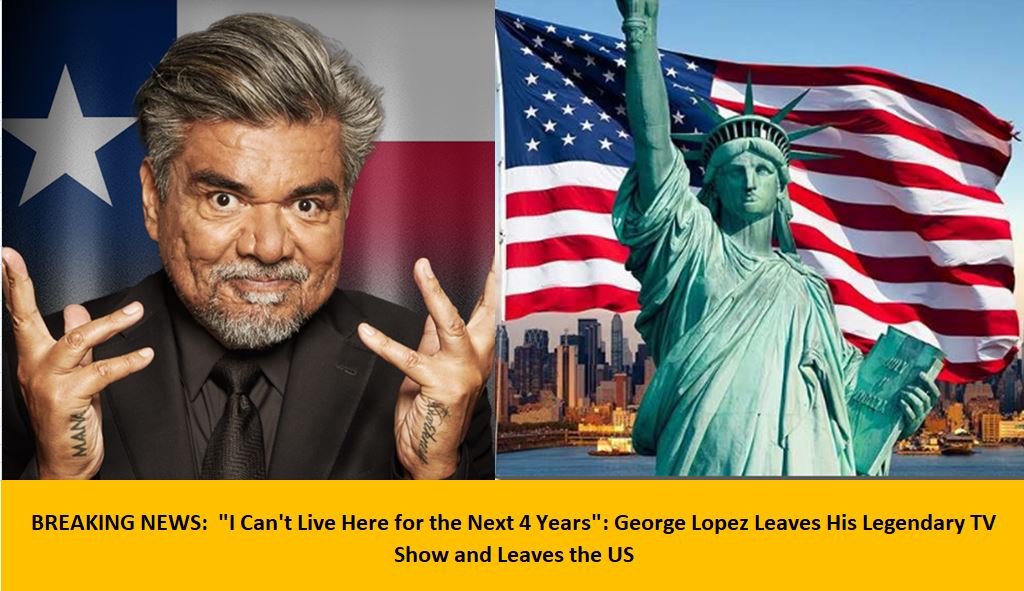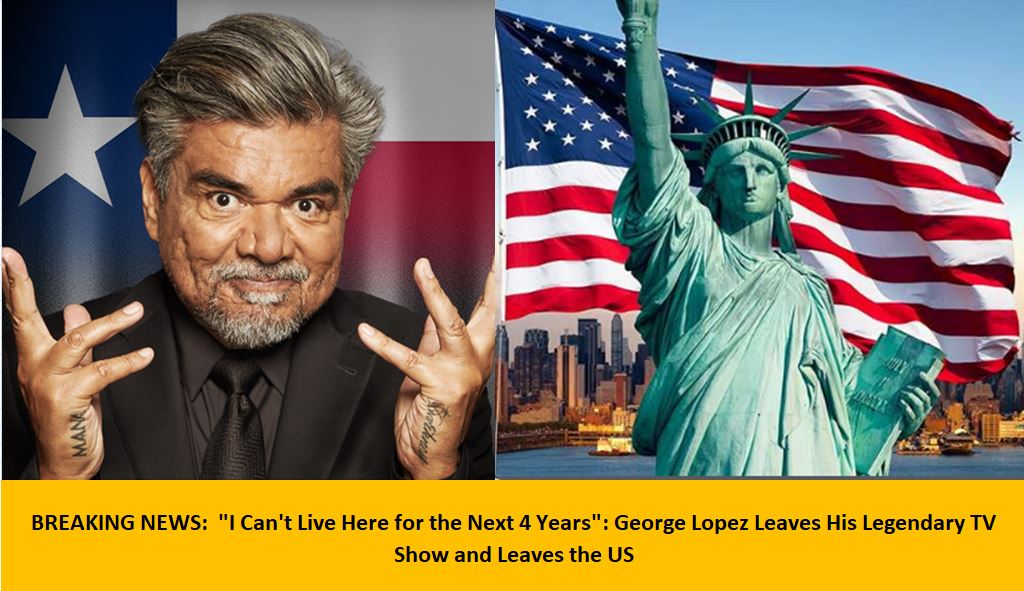
In a heartwarming development that has captivated the public’s attention, the medical team caring for Princess Kate Middleton has officially announced that her tumor has been completely eradicated. The breakthrough was made possible through a groundbreaking procedure, one that has never before been used in such a high-profile case. This incredible news has brought immense relief and joy to the royal family, especially to Prince William, who has expressed his overwhelming gratitude and elation.

According to sources close to the royal family, the procedure involved a combination of cutting-edge treatments, all carefully tailored to ensure the best possible outcome for the princess. The treatment, which was kept under wraps for several months, showed promising results, with the tumor being completely removed, as confirmed by multiple tests and scans conducted by top medical professionals.
The significance of this achievement cannot be overstated. It is not only a monumental victory in the medical field, but it also marks a moment of great personal relief for Kate Middleton, who has shown remarkable strength and grace throughout this challenging journey. The Duchess of Cambridge, known for her charitable work and public appearances, had previously kept her health struggles private, opting for a quiet and dignified approach in the face of adversity.
Prince William, who has been by his wife’s side every step of the way, could hardly contain his joy upon hearing the news. “Thank God, we’ve finally made it,” he said, his voice filled with emotion. The Duke of Cambridge expressed deep gratitude to the medical team and to everyone who had supported his wife throughout her battle. “We are beyond thankful for the dedication and expertise of the doctors. Kate’s resilience and the strength of our family have made all the difference,” he added.
This announcement comes after months of speculation about the Duchess’s health, during which she remained largely out of the public eye. However, her return to royal duties is now anticipated, with many fans eagerly awaiting her reappearance. The royal couple has always been seen as symbols of strength and unity, and this latest chapter only adds to the admiration they already command.
As the royal family begins to celebrate this incredible milestone, the news also shines a light on the advancements in medical technology. The innovative procedure that helped save Kate Middleton’s life could pave the way for future breakthroughs in cancer treatment. Experts believe that the success of this treatment could have far-reaching implications for patients worldwide, especially those battling similar conditions.
In the coming weeks, the royal couple is expected to release an official statement expressing their heartfelt thanks to the medical professionals who played a role in the Duchess’s recovery. Until then, fans and well-wishers continue to celebrate the joyous news, marking this moment as a symbol of hope and triumph over adversity.
